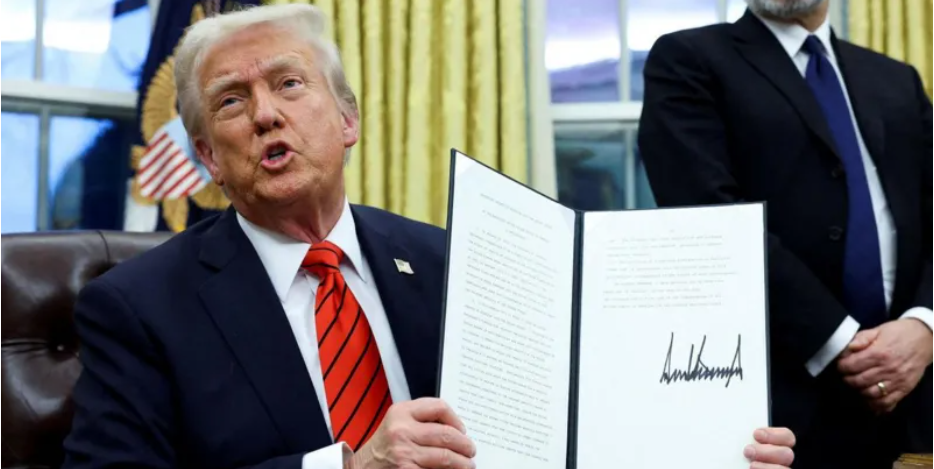Judge finds White House violated court order to stop funding freeze
A judge ruled Monday that the Trump administration had violated a court order by refusing to lift a freeze on billions of dollars in government funds.
This decision marks the latest legal challenge to the administration’s broad efforts to cut spending and restructure the U.S. government.
U.S. District Judge John McConnell Jr. had previously ordered the government to continue funding programs approved by Congress. On Monday, he stated that the White House had ignored a preliminary injunction he issued after 23 Democratic state attorneys general filed a lawsuit to block the funding freeze. In response, the Trump administration announced its intention to appeal.
On January 28, President Trump signed an executive order initially freezing hundreds of billions in federal funds, which he described as a temporary measure to identify waste and fraud.
The specific programs impacted by the freeze remained unclear, but the move triggered widespread panic among millions who depend on government assistance for healthcare, pensions, veterans’ benefits, and food aid.
Although the White House withdrew a memo detailing the scope of the freeze, it maintained its plans to withhold funds. Trump spokesperson Karoline Leavitt confirmed that the executive order remained in effect, with ongoing efforts to implement a broad funding freeze, including cuts to gender-related and diversity programs.
The group of Democratic state attorneys general swiftly challenged the administration’s actions in court, leading Judge McConnell to issue a temporary injunction blocking the freeze.
On Monday, the judge found that the White House had not complied with his ruling but stopped short of imposing penalties or holding officials in contempt.
McConnell noted that while administration officials claimed their actions were aimed at preventing fraud, the freezes currently in place stemmed from a sweeping executive order rather than specific fraud-related findings.
He deemed the broad freeze “likely unconstitutional” and warned that it was causing “ongoing and irreparable harm” to large segments of the country.
Later that day, the Trump administration filed a notice of appeal, requesting that the court’s orders be put on hold.
This ruling marks the first time the second Trump administration has been found to have violated a court order. Since taking office about three weeks ago, Trump has issued numerous executive orders, many of which have faced legal challenges from Democrats and advocacy groups.
The administration has moved to expand presidential control over government spending, implementing widespread unilateral cuts through the Department of Government Efficiency (DOGE), led by Elon Musk.
The lawsuits could result in one or more Supreme Court rulings on the scope of presidential power.



